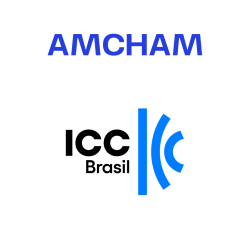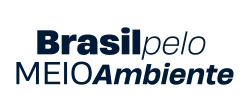Cobap Group: Turning Waste into Opportunities - A Circular Economy Model in the North and Northeast.
ABOUT IT
The Cobap Group, based in Maracanaú (CE), has adopted a 100% production model based on recycled materials, transforming cardboard scraps into new high-quality packaging. Through its reverse logistics initiative, the integrated process of the entire chain not only minimizes environmental impact, but also generates income and development opportunities for local communities.
Through PACEL, the group's circular economy project, it collects around 29,000 tons of cardboard scraps every year in six northeastern states (Ceará, Rio Grande do Norte, Piauí, Maranhão and Paraíba), establishing partnerships with waste pickers, associations, supermarkets, shopping malls and industries. The unit's process has the mission of exponentially increasing the amount of cardboard waste collected in society, which is why it has the largest installed cardboard waste press in Latin America, with a production capacity of 25 tons per hour.
These scraps are transformed by the COBAP unit, another Group company, into new packaging with an average monthly production of 2,000 tons, closing the loop and significantly reducing the demand for natural resources. The company is known for supplying recycled 100% corrugated cardboard boxes and sheets to various industries, both local and national, covering sectors ranging from industrialized and in-natura foods to footwear, clothing, electronics, construction, beverages and sanitizers.
The "Nosso Ciclo Recicla" project aims to help companies compensate for the lack of structure for reverse logistics in solid waste management and meet legal requirements and ESG targets. The initiative aims to overcome contemporary environmental challenges by setting a new standard for waste management and sustainable practices in industry. The COBAP Group sells around 22,000 tons of packaging and in recent years has sought to expand its operation, modernizing its machinery and professionalizing its employees. The projection is that there will be an investment of 30% of annual turnover in its entire manufacturing unit, working with more modern equipment that guarantees a significant reduction in the waste and effluents generated by its production process and provides greater performance in its production, projecting an increase of 50% in the collection of scraps in the Northeast region of Brazil. Cobap is an agent of social and environmental transformation, demonstrating that it is possible to reconcile profit with sustainability.
Results and Objectives
Company objectives:
Environmental: Cobap contributes to reducing the volume of waste in landfills, conserving natural resources and reducing greenhouse gas emissions.
Social: The group has more than 400 direct employees and indirectly benefits 2,000 families of waste pickers and residents of local communities, as well as promoting social projects such as Ecosom, Crescer and supporting the Jacques Klein Music Institute.
Economic: Eliminating middlemen from the collection of scraps and promoting decent work and economic growth for those who are actually at the end of the chain. This leads to valuing the most undervalued class in the dignity of receiving fair value for their work.
Results:
PACEL, a Cobap Group company, collects 29,000 tons of cardboard scraps annually in 6 states (Ceará, Rio Grande do Norte, Piauí, Maranhão and Paraíba) in the Northeast, establishing partnerships with waste pickers, associations, supermarkets, shopping malls and industries. The unit's process has the mission of exponentially increasing the amount of cardboard waste collected in society, which is why it has the largest installed cardboard waste press in Latin America, with a production capacity of 25 tons per hour.
SDGs
External Certification
No
International Commitments
National Commitments
FSC (Forest Stewardship - Chain of Custody), National Solid Waste Policy (PNRS)
More info



